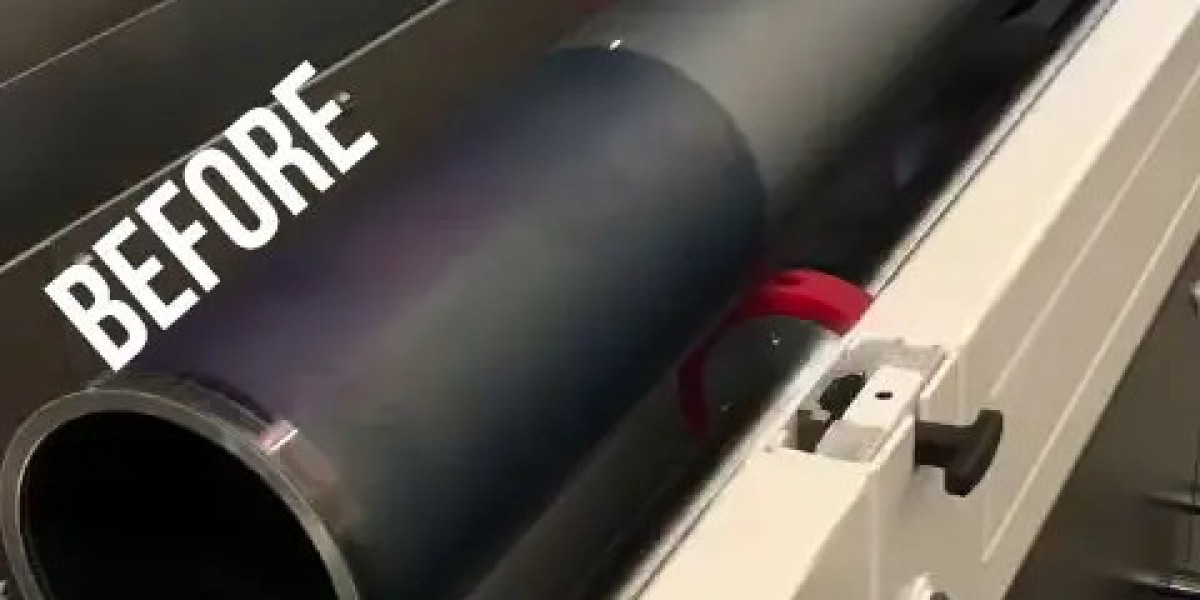If you are looking for an impressive way to clean tire molds, then laser blasting may be your answer. This state-of-the-art technology uses powerful laser beams that can efficiently remove all dirt, oil, rubber, caoutchouc and other contaminants from the mold surface with no risk of damaging or degrading the material.
Let's explore how laser blasting works and what it offers regarding tire mold cleaning. We'll also discuss its advantages over traditional methods such as manual cleaning or chemical solvents. After reading this guideline, you'll better understand why many in the industry today turn to laser blasting for their essential tire mold cleaning needs. fiber laser
Basics Of Tire Mold Cleaning
According to a report of Research and Markets, “The Task Tire molds require frequent cleaning and in today´s cleaning solutions in the tire industry range from high-pressure blasting, the use of chemicals to the widely popular dry-ice cleaning.”
Tire molds play a vital role in car manufacturing, but contaminants can accumulate over time, leading to poor tire finishes and a slower production process.
- Laser cleaning provides a solution that effectively removes contaminants without harming the mold substrate.
- By utilizing laser cleaning, you can streamline tire production while extending your molds' lifespan.
- With various options from handheld to automated, laser cleaning solutions offer flexibility for mold and profile geometries while providing a cost-effective alternative to media blasting.
- Laser cleaning operates noiselessly and won't damage your molds, making it an ideal solution for situations where spacing is limited, and ease of use is critical.
Why Is Laser Blasting an Ideal Solution?
Our laser solutions are designed to meet your specific needs and are custom-built upon request. We understand that there is no one-size-fits-all solution, so we offer different categories of lasers from
100W to 2000W powered. Each laser type varies in size, capability, and effect, but all perform optimally when appropriately implemented.

Advantages of Using Laser Blasting for Tire Mold Cleaning
Tire mold cleaning is a complex and tedious task, but it's essential to ensure the quality and safety of tires. Laser blasting is an effective method of removing contaminants from tire molds, and this technology has several advantages:
- Speed and Efficiency
Laser blasting is extremely fast and efficient, making it the ideal choice for quickly cleaning tire molds. The laser beam targets the exact area that needs to be cleaned, allowing for a precise and thorough clean in a fraction of the time it would take with traditional methods.
- No Damage to Surfaces
Laser blasting does not cause any damage to surface due to its non-abrasive properties. It means no additional cracks or scratches will occur during the cleaning, ensuring the tire molds remain undamaged.

- Lower Cost
Laser cleaner can significantly reduce labor costs since it requires minimal human effort. It also eliminates the need for harsh chemicals or abrasive materials, resulting in lower overall costs than traditional methods.
- Safe and Environmentally Friendly
Laser blasting is a safe and environmentally friendly way to clean tire molds, as no hazardous fumes or chemicals are released into the air during use. It makes it safer for workers and people living near manufacturing sites.
- Versatile
A laser cleaner is highly versatile. It can be used on any metal surfaces making it suitable for any tire mold cleaning project.
- No Need to disassemble your mold.
A laser cleaner is highly flexible to do the cleaning with its lightweight galvo head that can be utilized from different length with no need to disassemble your mold and gain more working hours in your production.
- ROI
A laser cleaner ROI is quick with an average of 2 years compared to dry ice.
- Lease to own or rent.
A laser cleaner Lease to own or rent is available by Alfa Laser GreenBlast – Canada & USA Learn more about the Benefits of Laser Cleaning vs. Dry Ice Blasting here.
What To Consider Before Choosing a Laser Blasting Method
Laser blasting is a proven and reliable method of removing rubber, rust, scale, oil, grime, and other contaminants from the surface. However, many different types of laser cleaning technologies are available today, and it's essential to carefully consider all your options before investing in a machine.
Laser tire mold cleaning machines are designed for specific uses, so the type you need will depend on the materials to be cleaned. Laser tire mold cleaning techniques can involve either soft scraping with low-energy beams or complex ablation with high-energy beam processes.
We should also consider safety features as they help reduce exposure risks like fumes from chemical reactions.
By considering these factors before making your purchase decision, you'll ensure that you get the suitable laser blasting machine for your needs.
Check out Global Tire Mold Market Research Report 2022 here.
Conclusion
Laser blasting is an advanced technology that offers several benefits over traditional cleaning methods. It is efficient, environmentally friendly, and cost-effective. Laser blasting can be used in various applications, including mold cleaning, rust removal, paint stripping, and metal cleaning. It is an ideal solution for industries looking to improve their cleaning processes and increase productivity.
Not sure which Laser Cleaning Machine is right for your Industry?
Our sales engineers at your service, Inquire Today
Contact us today or call +1 438-940-5020















